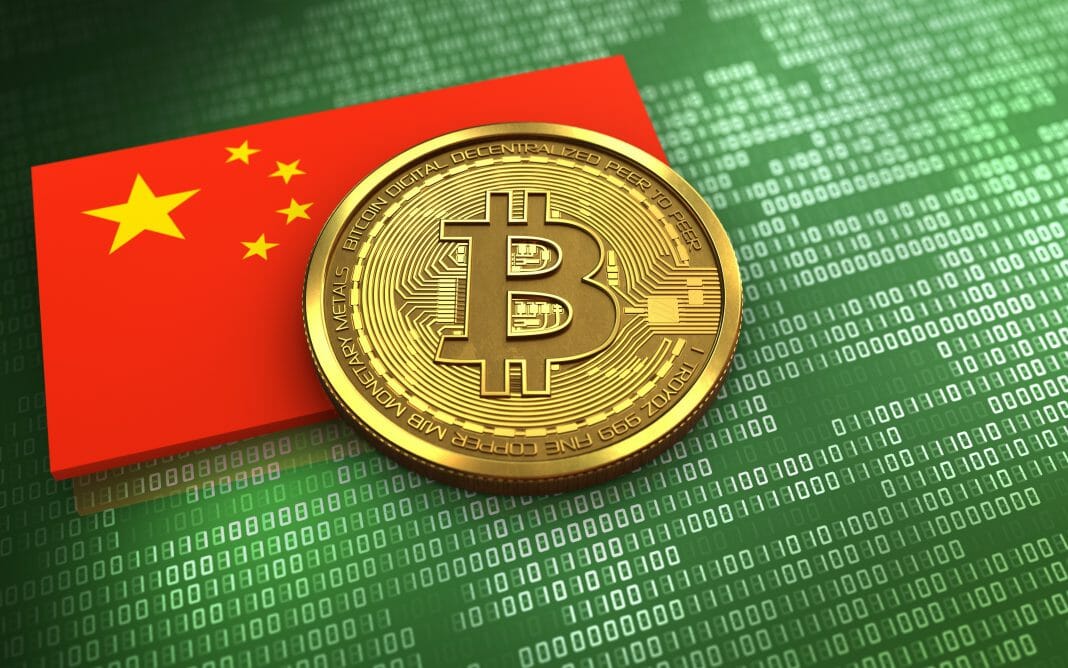Xi Jinping’s announcement relates to the presentation of Joe Biden’s international agenda. The World Economic Forum works on the development of payment methods for the region.
Chinese President Xi Jinping pledged to strengthen trade partnership between his country and members of the Association of Southeast Asian Nations (ANSA).
“We are going to build a digital silk road,” he assured during his participation in the China-ANSA Exhibition, which was led in the city of Nanning, in the southwest of the country.
The president, who has governed the Asian giant since March 2013, added that “China will unwaveringly expand its openness to the outside world”. For him, the upgrade of China’s international ties will be something from which “all the countries of the world” can benefit.
Xi made these announcements just days after Joe Biden, who expects the election by the Electoral College as the next president of the United States, announced his foreign policy agenda.
According to Biden, during his tenure, he will strengthen the alliances of the American country with the Asia-Pacific region.
The countries that make up the Association of Southeast Asian Nations, with which China seeks to increase its digital ties, are Cambodia, the Philippines, Indonesia, Laos, Malaysia, Singapore, Thailand, and Vietnam.
As Shi Yinhong, a professor at Renmin University in Beijing told the press, “ASNA members differed in their acceptance of the digital silk road proposal” that the Chinese government proposed.
Relations between China and Southeast Asia on the world agenda
Consolidating the digital economy between China and the ANSA countries is not a unilateral wish of China, but is on the agenda of the World Economic Forum.
This body, which defines itself as “neutral and impartial”, developed in 2019 a Coalition of Electronic Payments for ANSA countries. The Coalition is built up and formed by banks, e-commerce companies, and regulators, among others, and aims to “support the growth of cross-border e-commerce.”
Inside the Coalition, there is a Working Committee on the Payment and Settlement System that seeks to explore the best ways to “establish a regular and sustained process” when it comes to payment methods. So far, the Coalition has not made any announcement about the digital currencies, but it is unclear if their goal is to make developments in that regard.
In May 2020, the creation of a common digital currency for the region was proposed within the legislative palace of Beijing, which could receive a backup from the Chinese yuan, the Japanese yen, the South Korean won, and the Hong Kong dollar.
For now, that remains only an idea, although China’s experience with its digital yuan could serve as a test method to carry it out shortly. The Central Bank of China digital currency is in an advanced stage of testing before its official launch.
Also, banks in Southeast Asian countries’ involvement are progressively increasing regarding the use and trade of cryptocurrencies. The clearest example of this is the largest bank in the region, Singapore-based DBS, which possesses its bitcoin and crypto exchange under development.
By: Jenson Nuñez.











